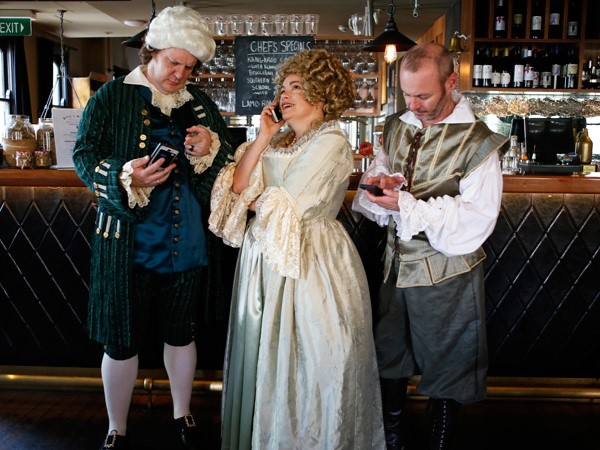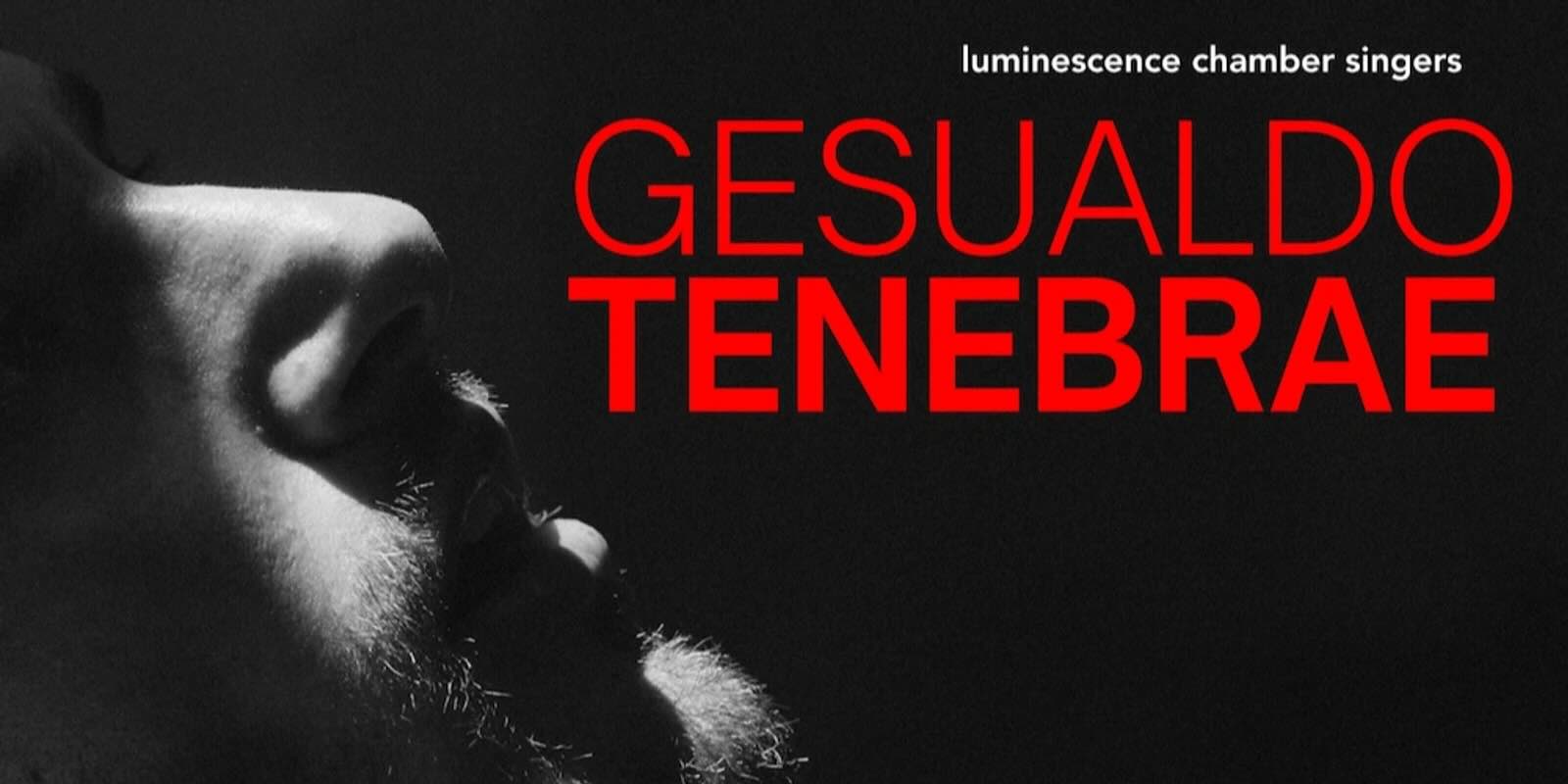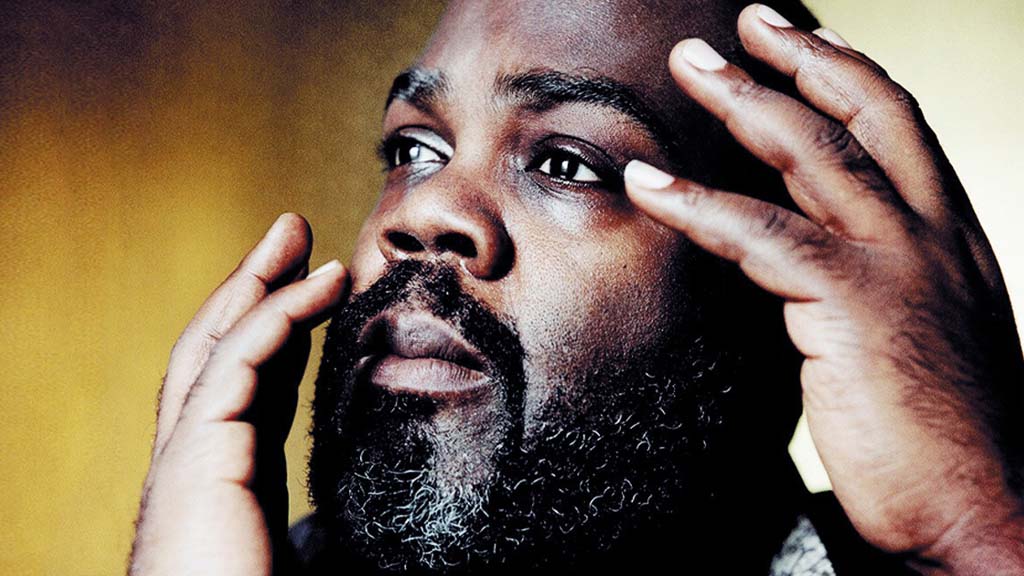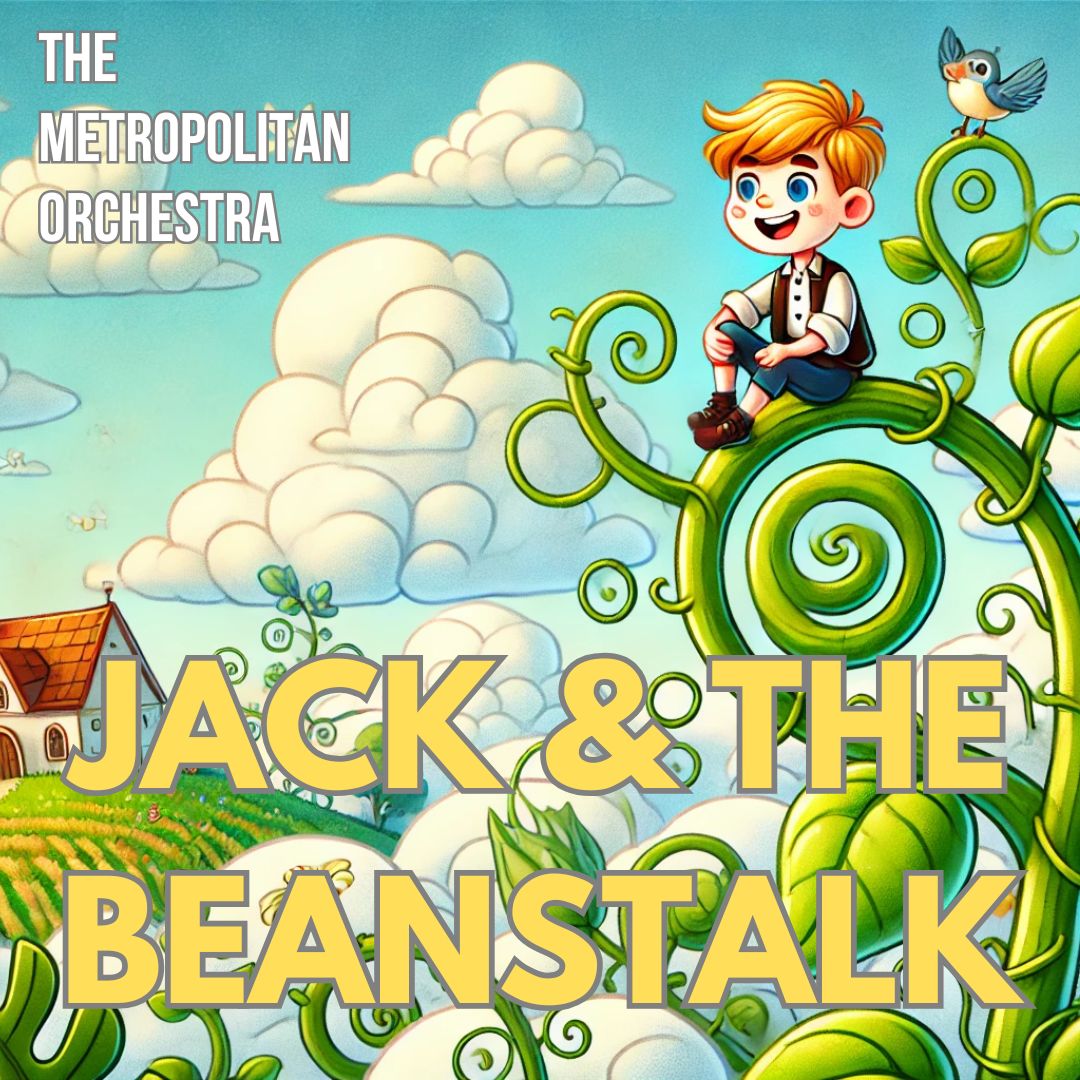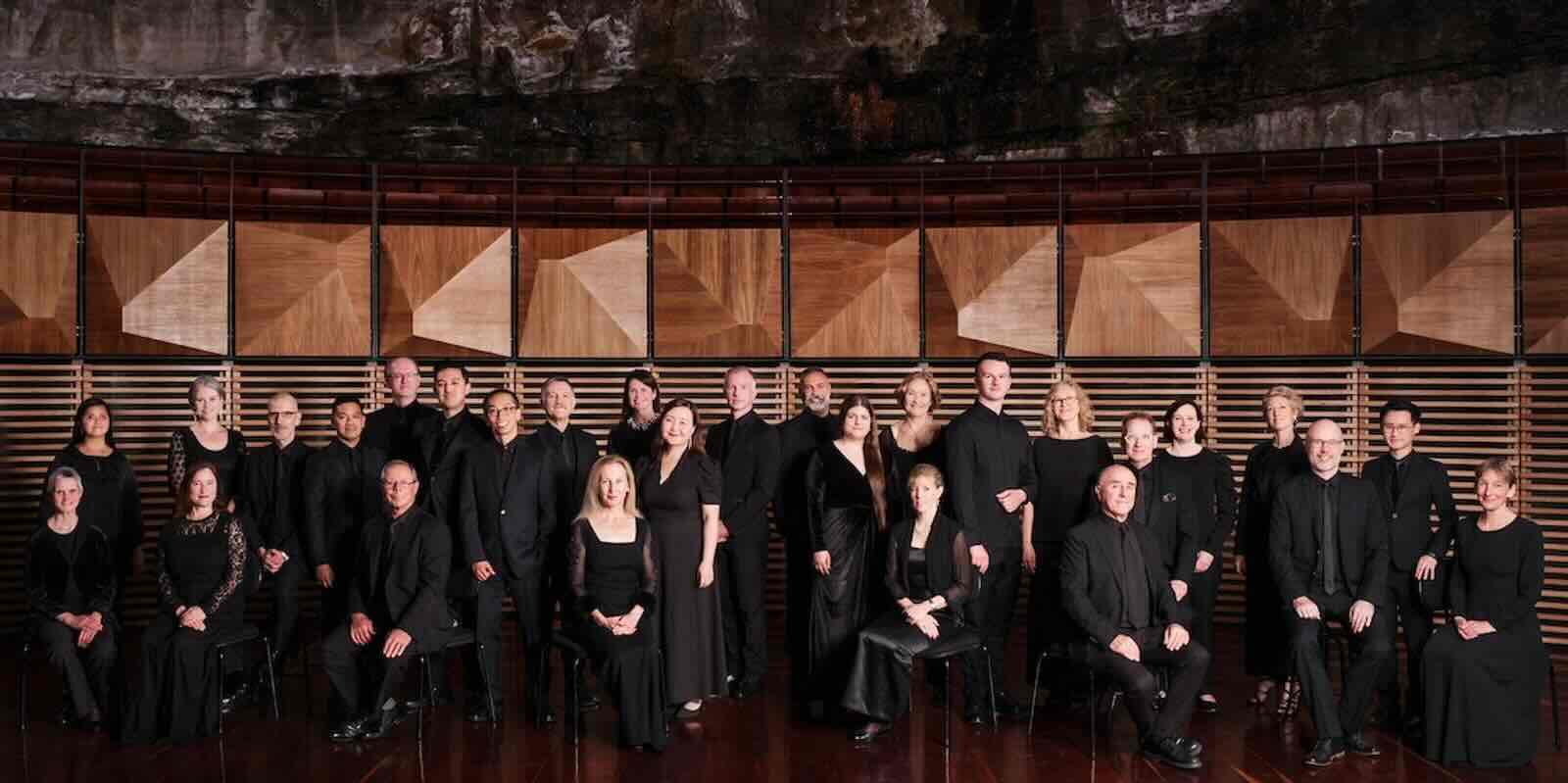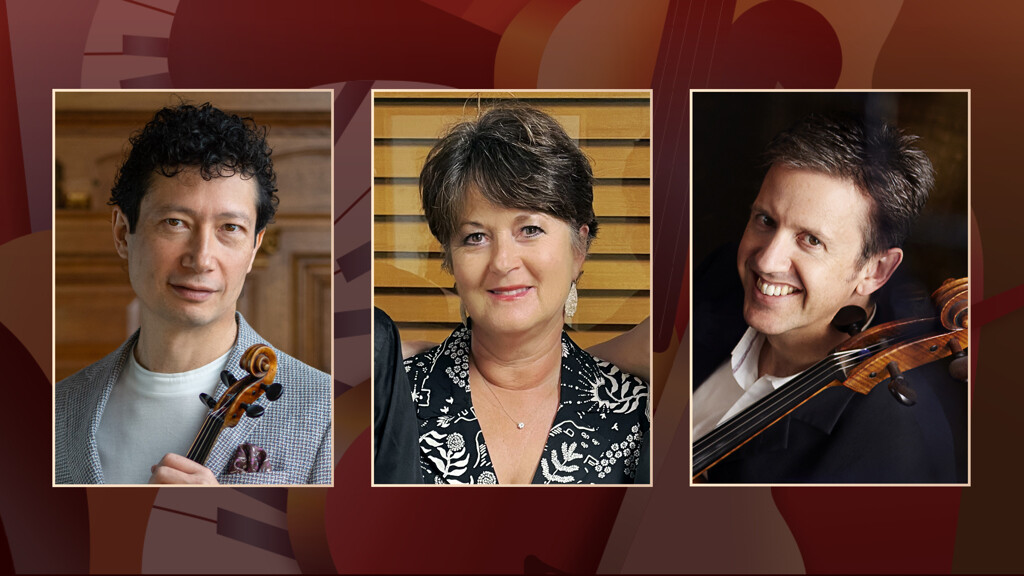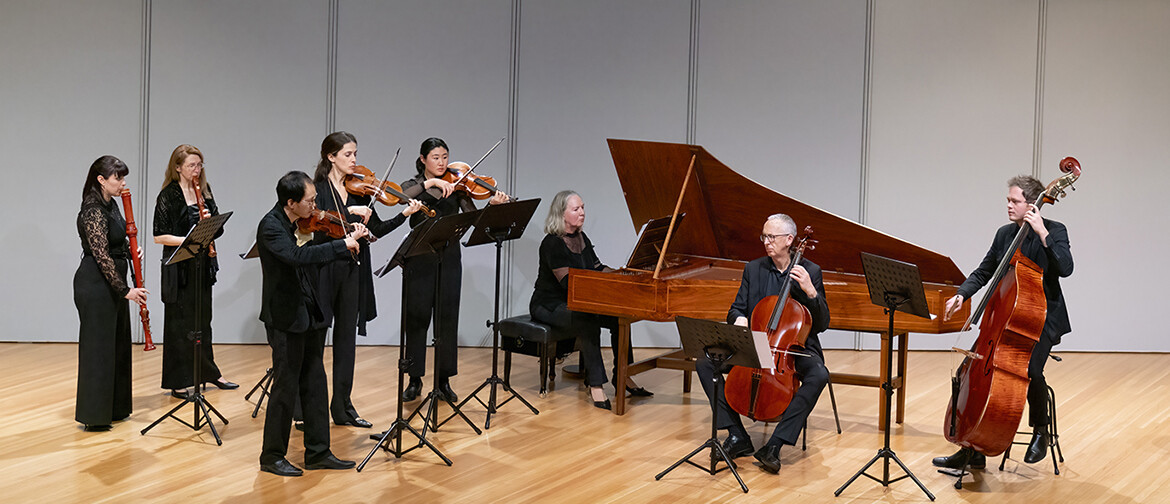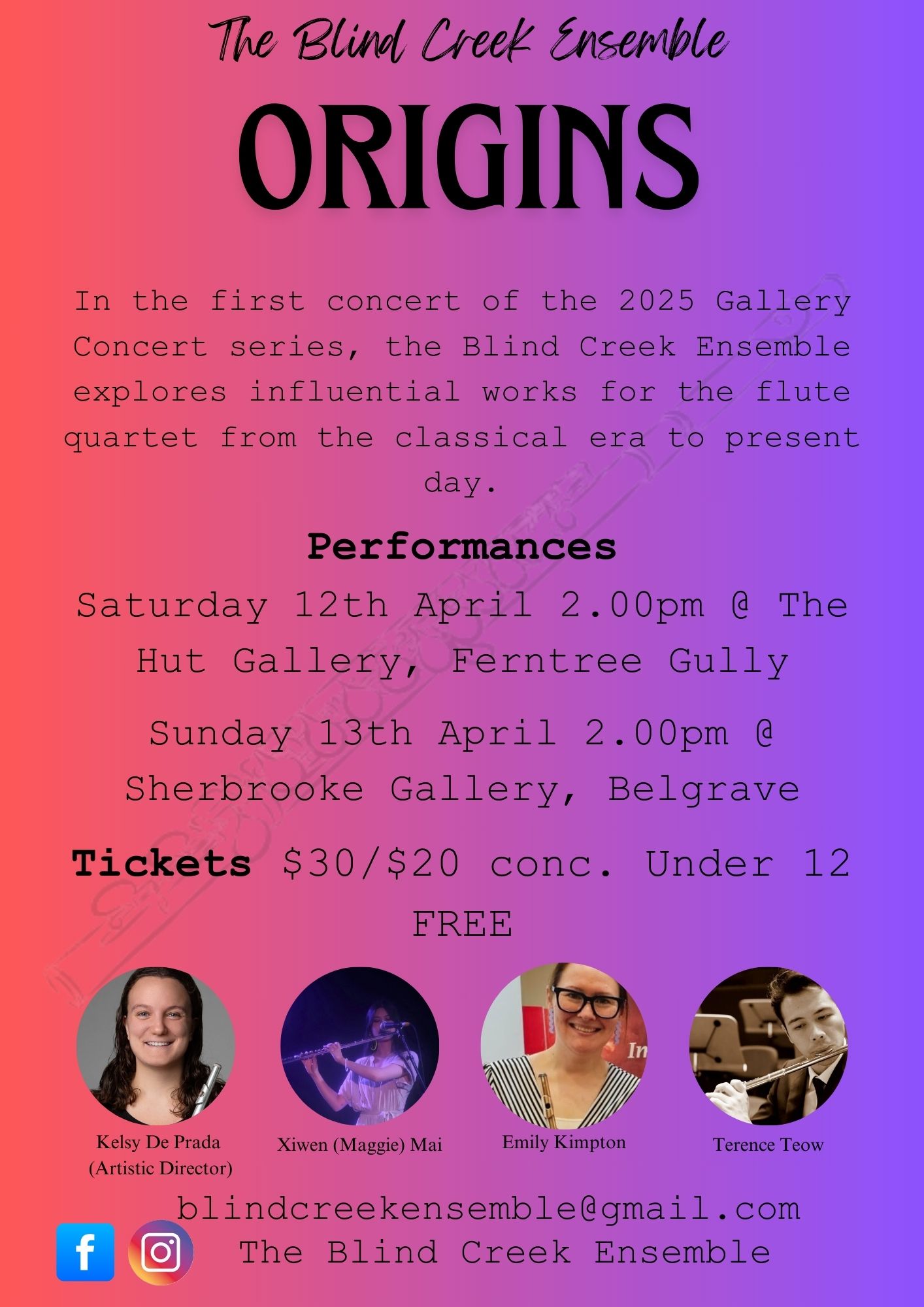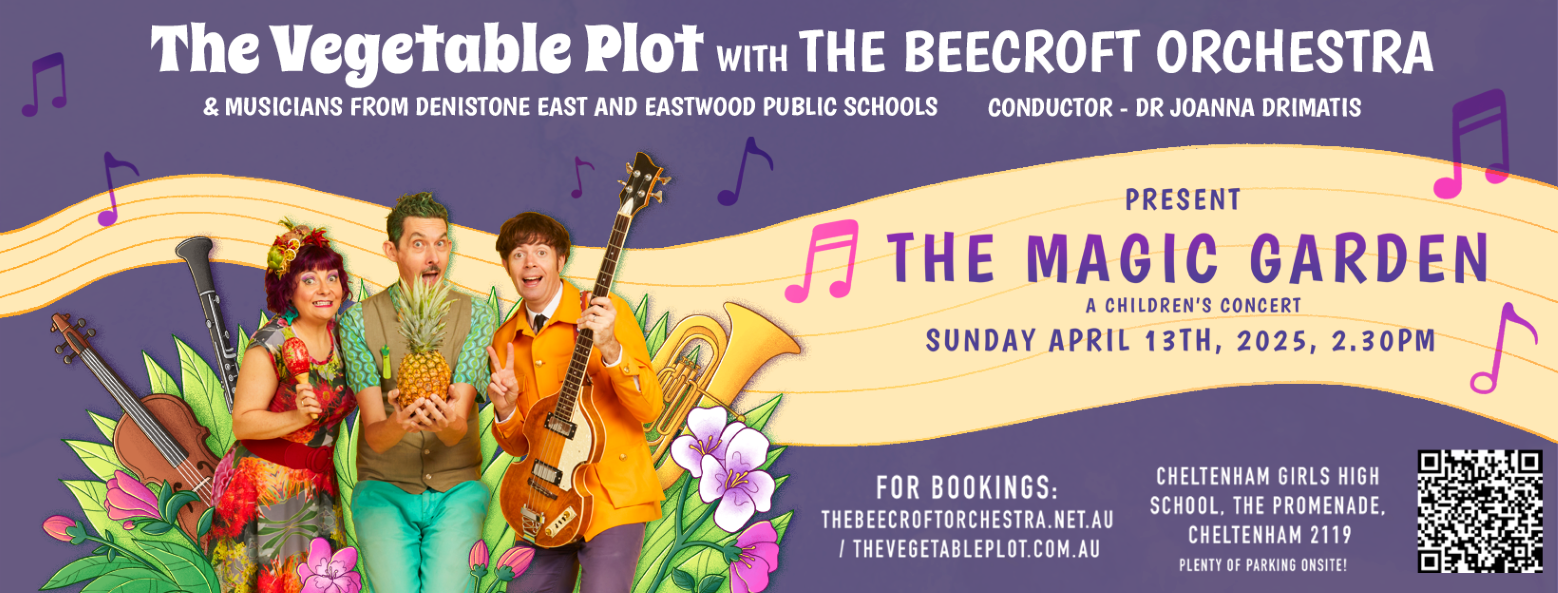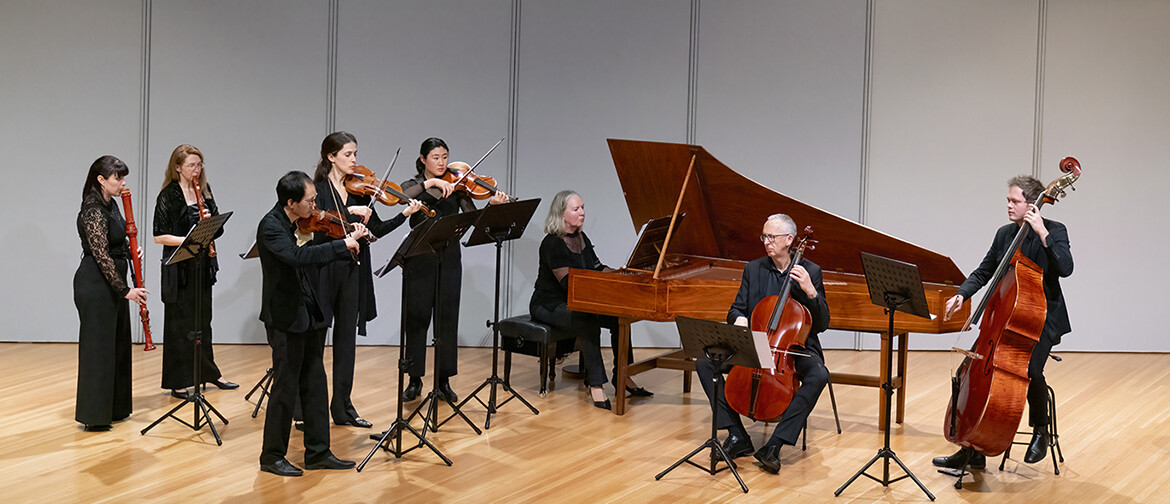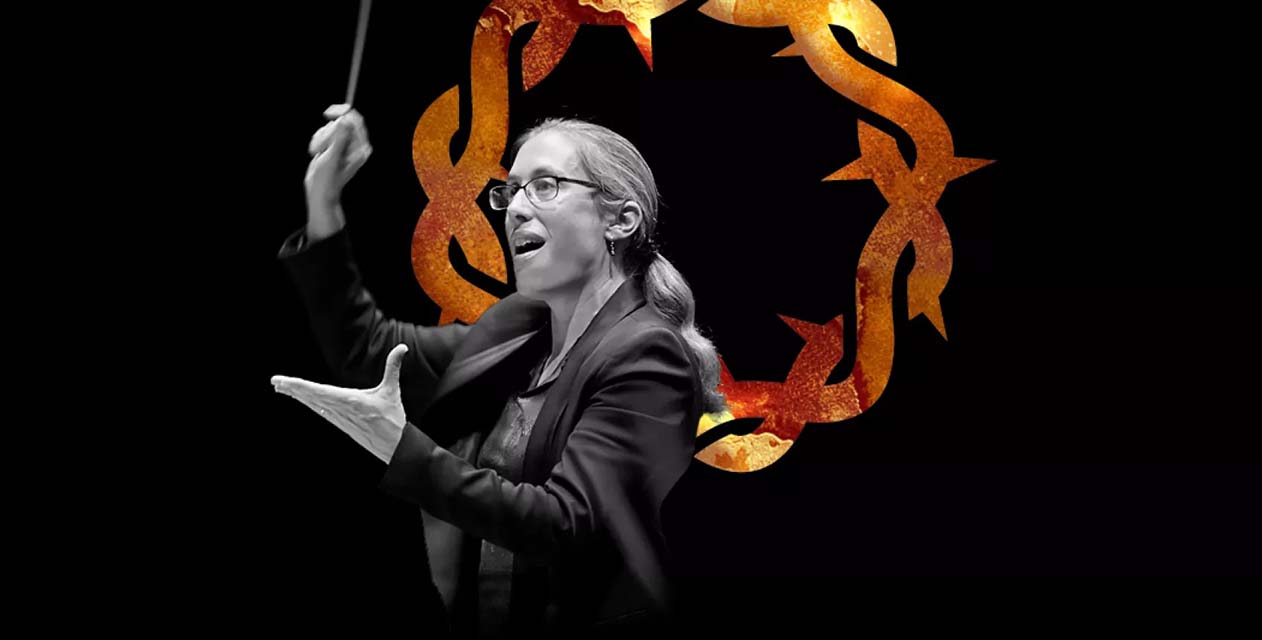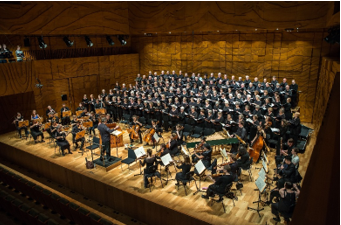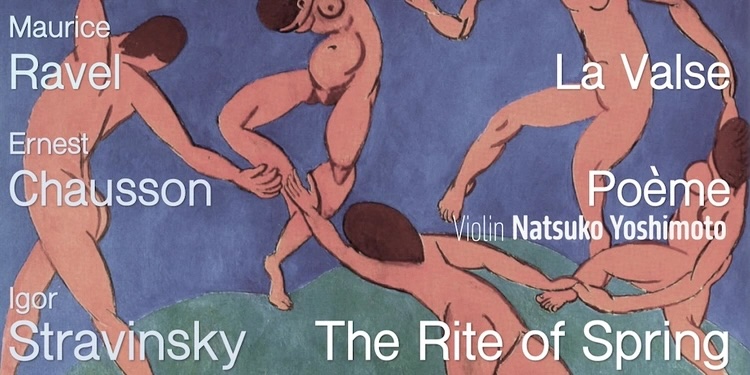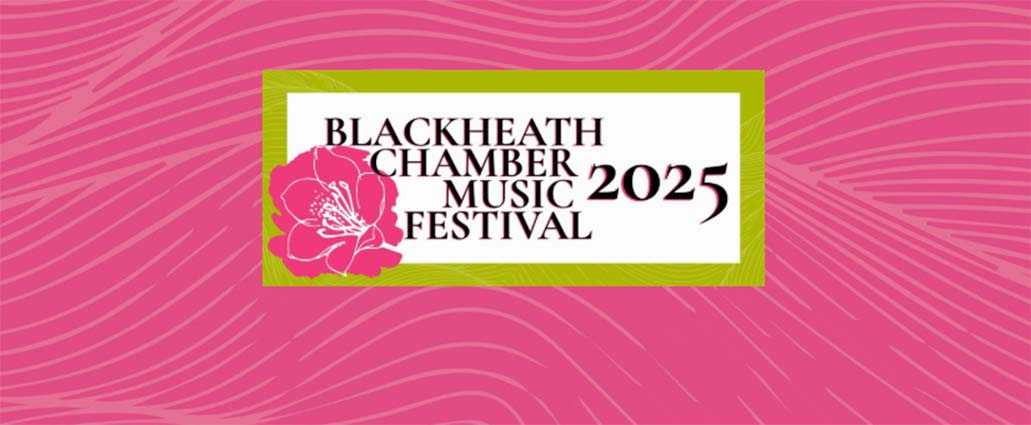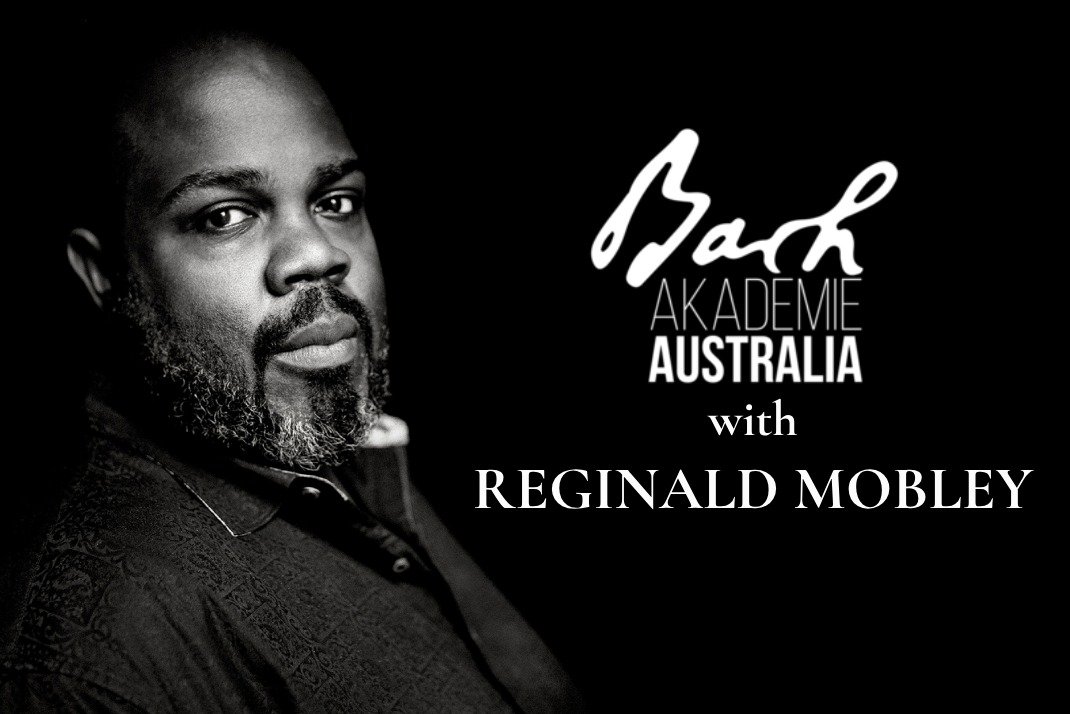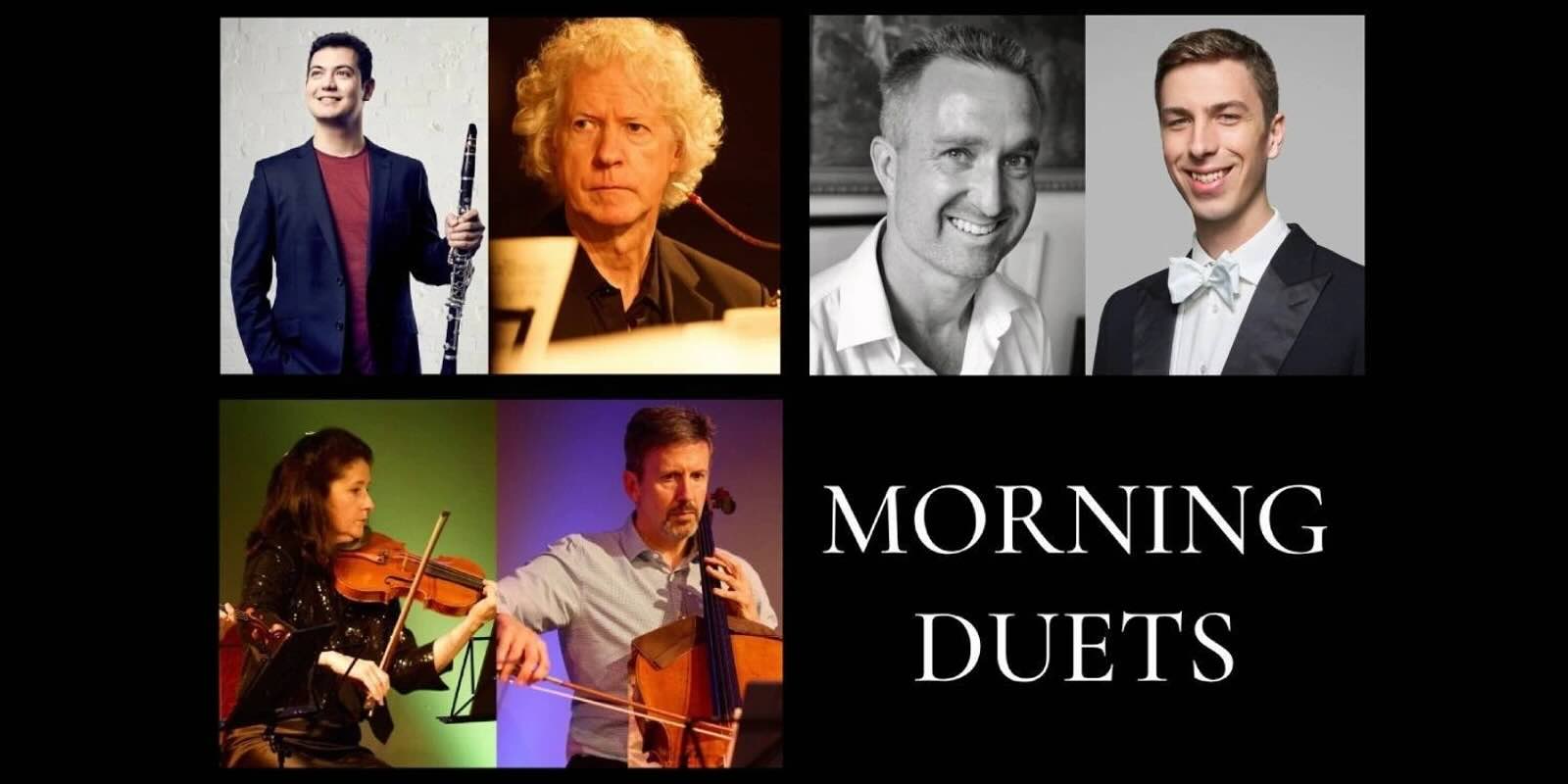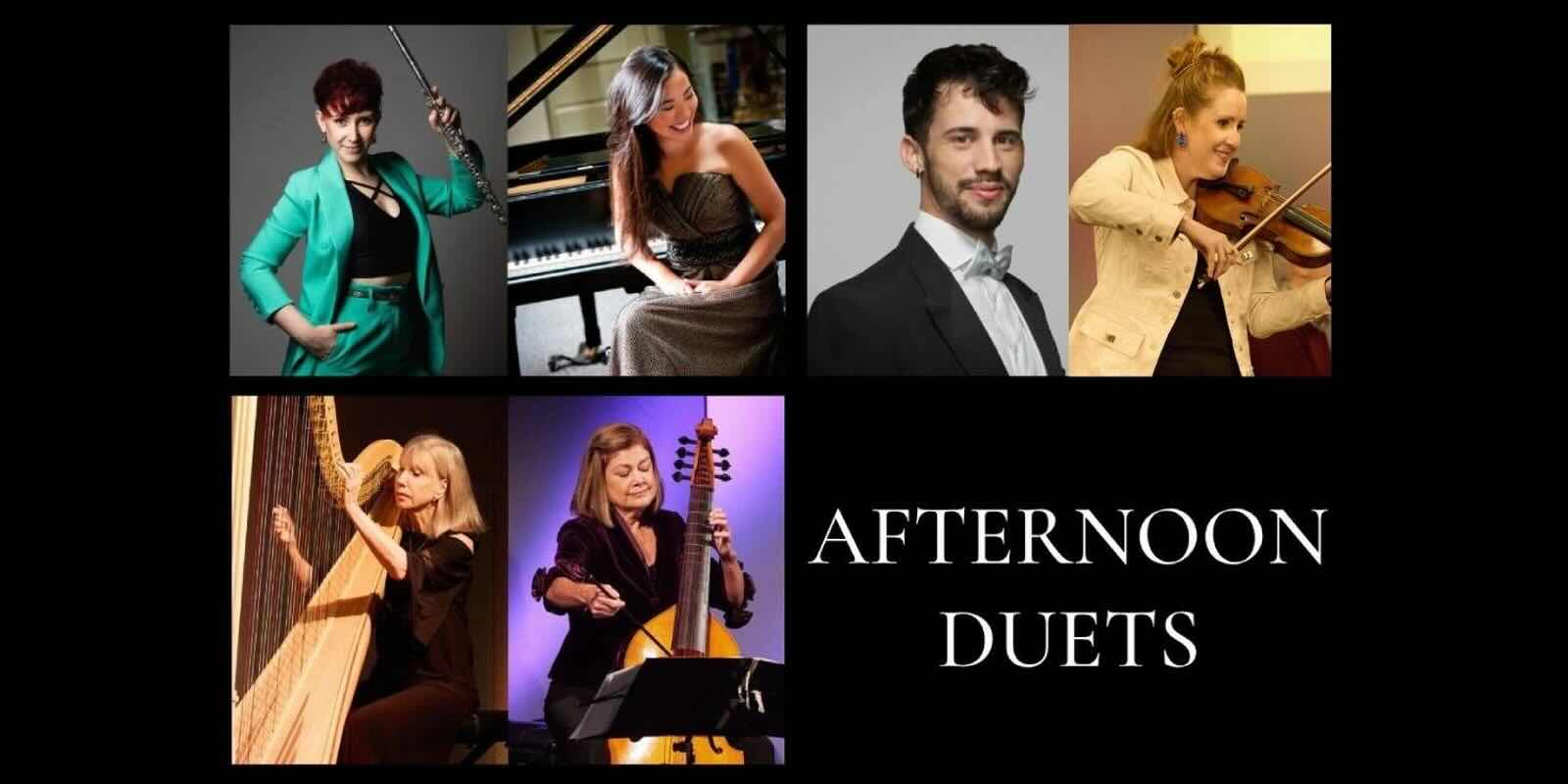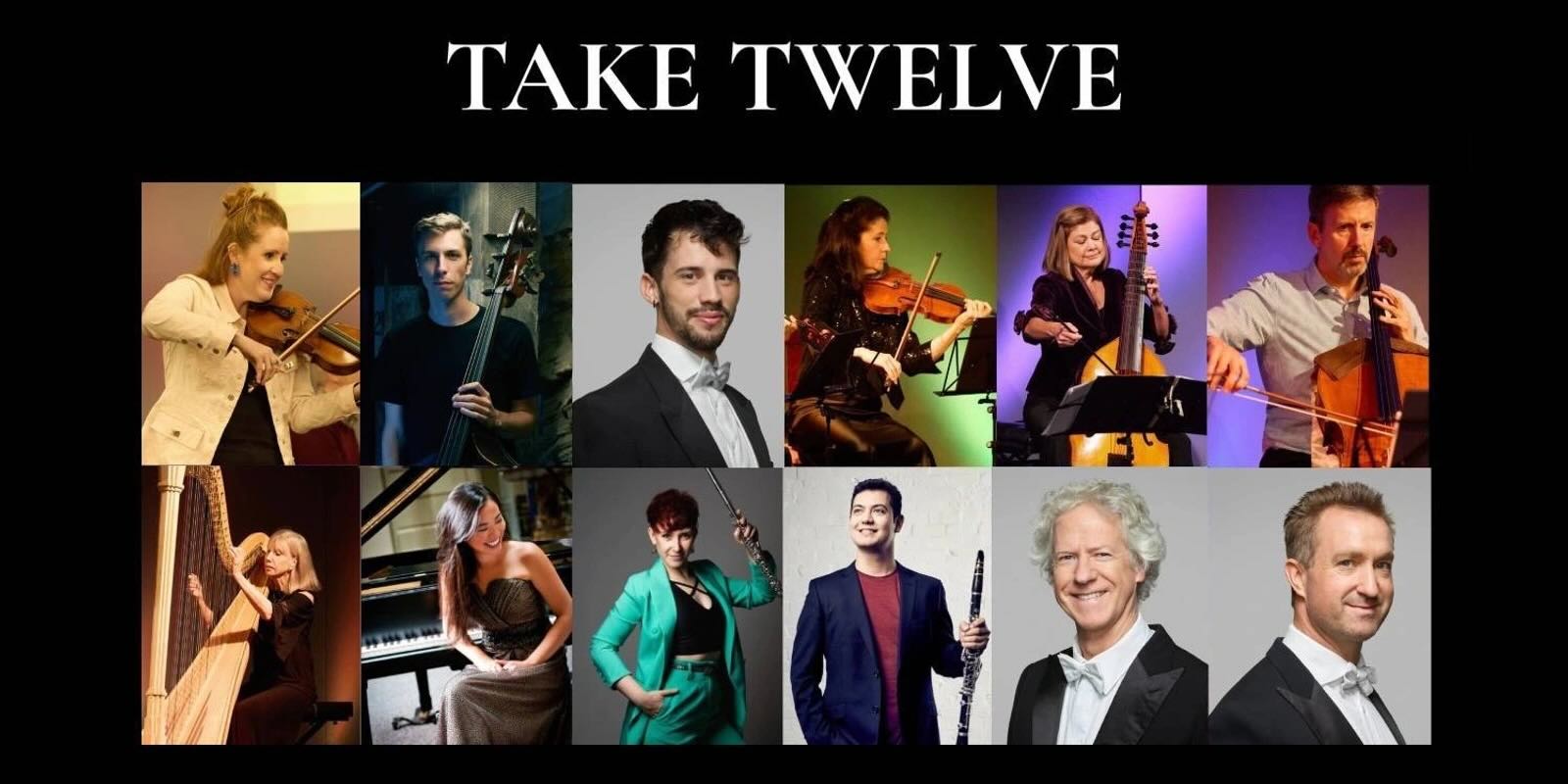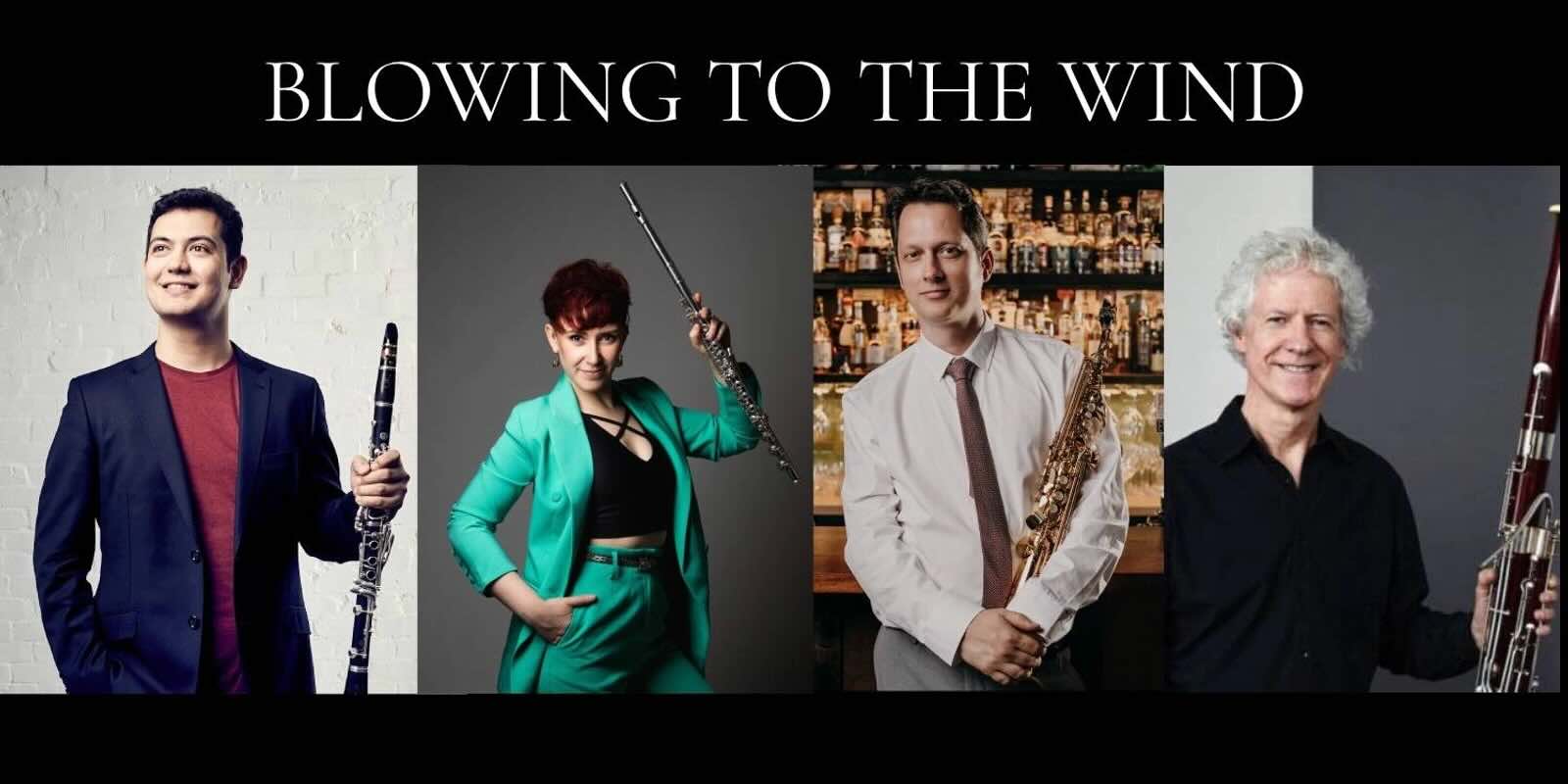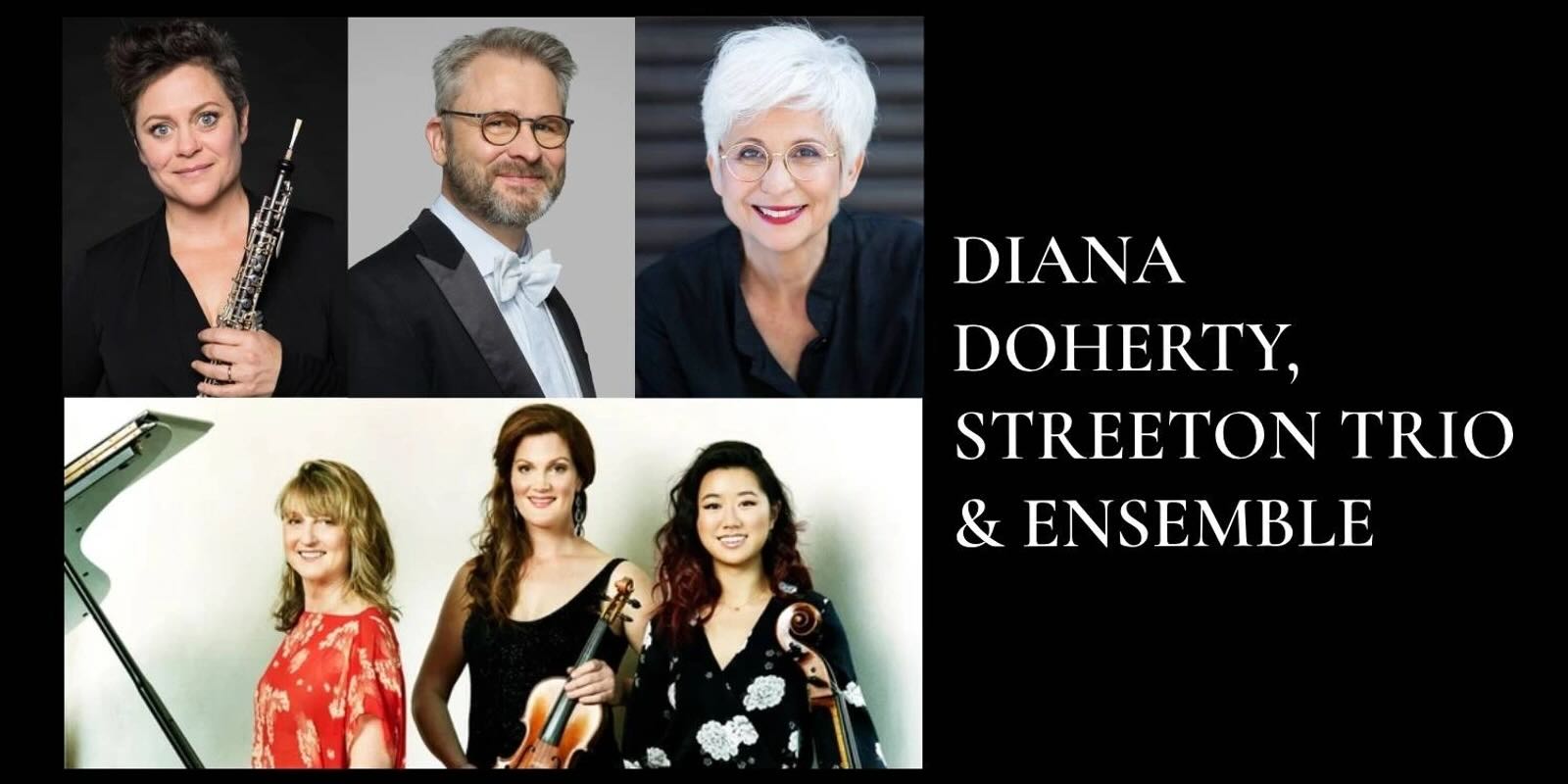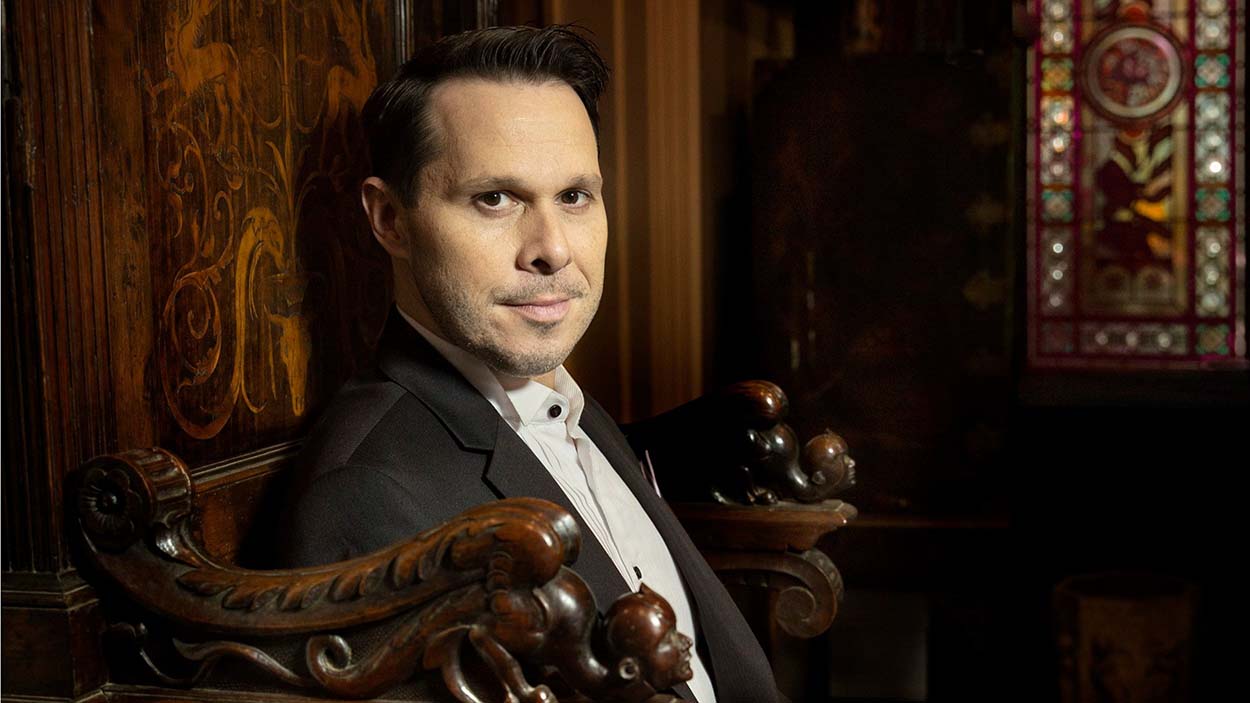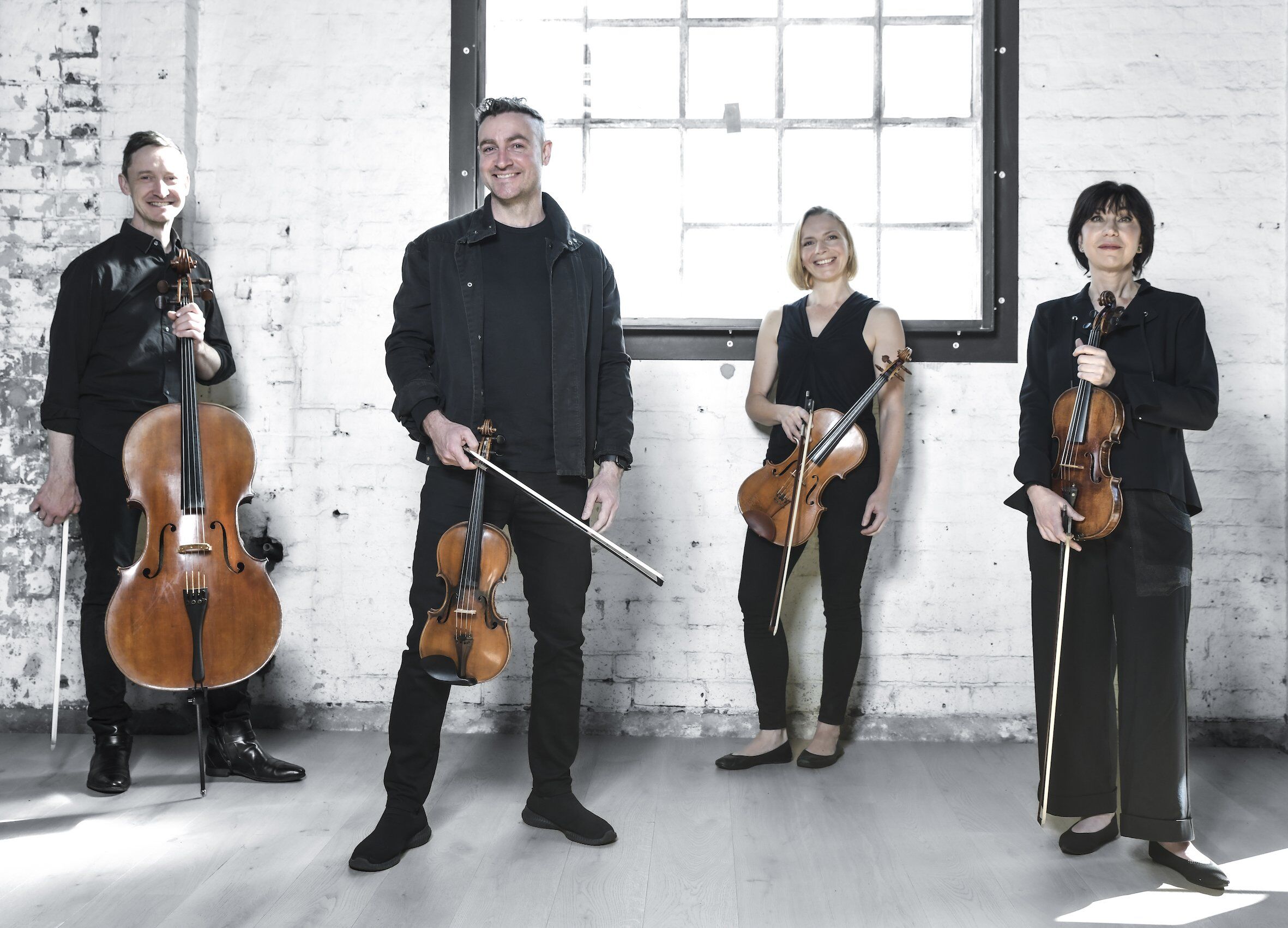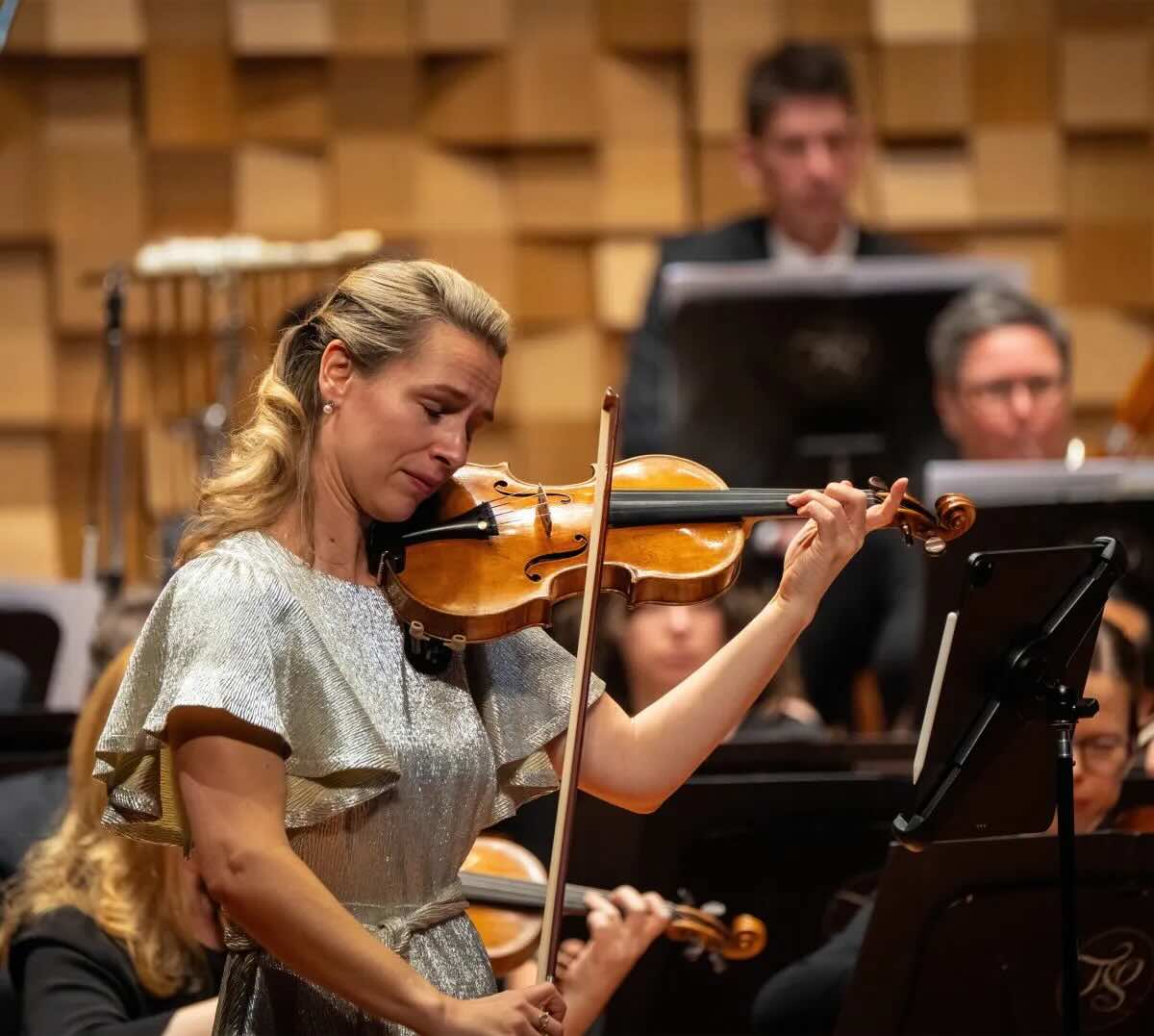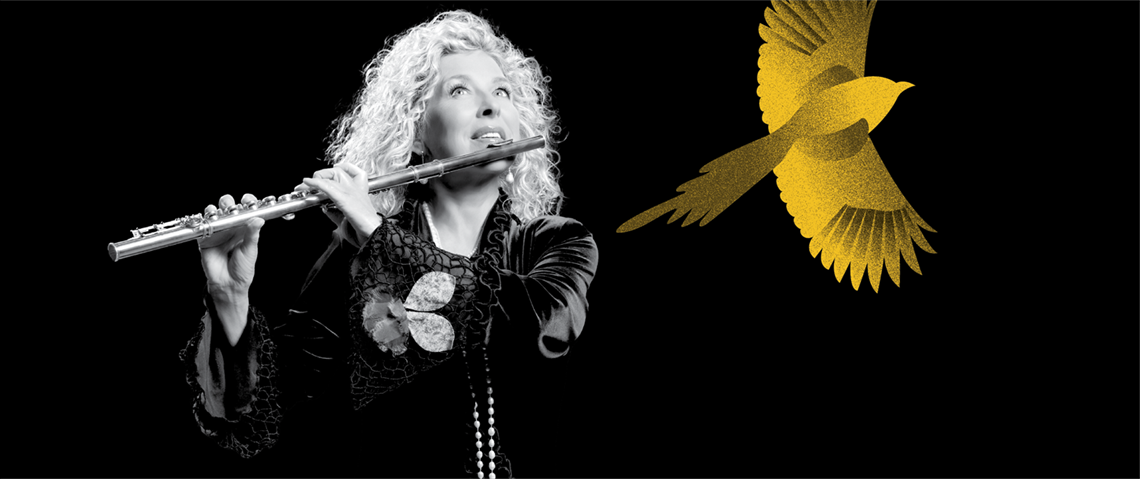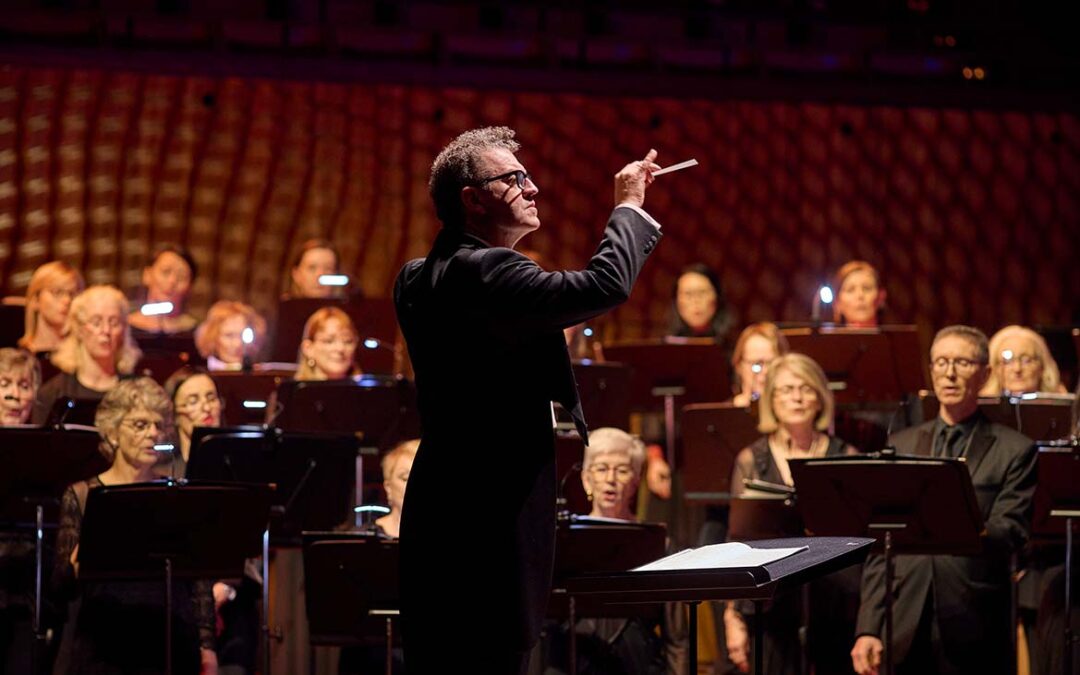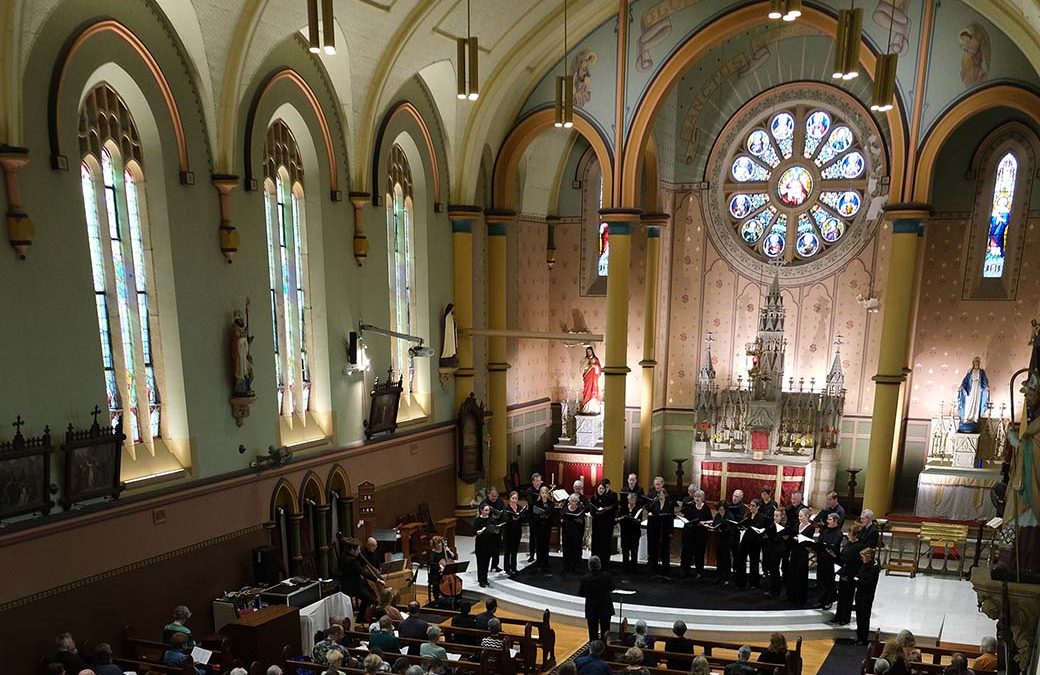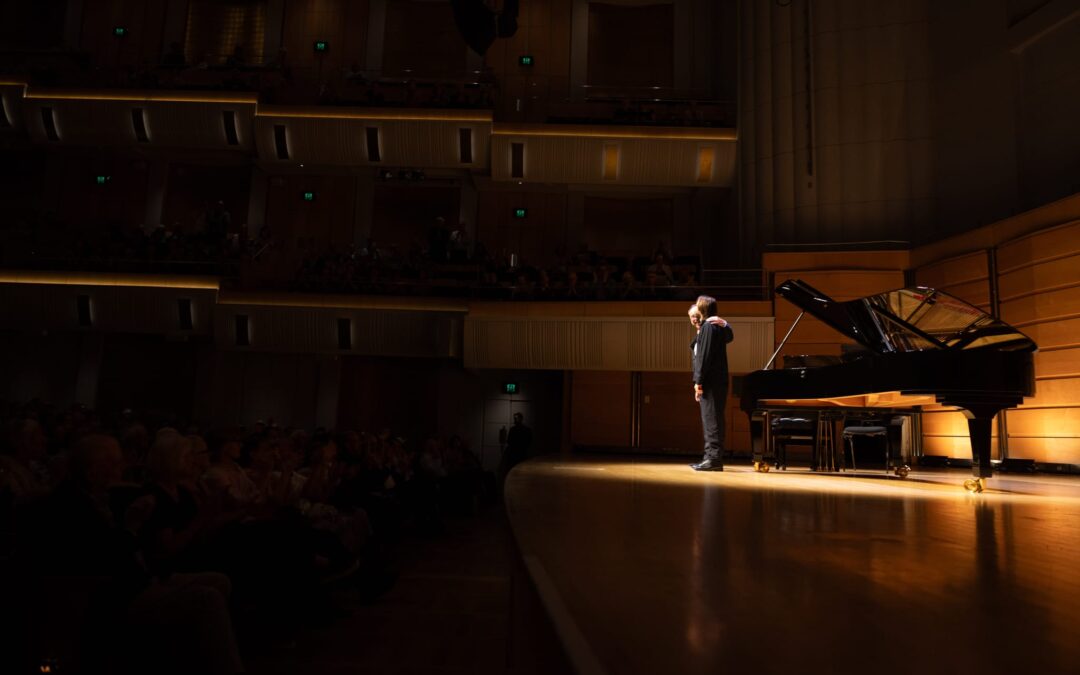It is difficult to fit into an established group and no group is more established than your average string quartet. This made the musical collaboration between Paul Dean and the Flinders Quartet all the more extraordinary as Paul Dean seemed so much part of the ensemble in this concert that there simply was no element of the “invited guest” playing with “us”.
The program comprised Wolff’s Italian Serenade and the Paul Dean quartet in the first half followed by the Brahms clarinet quintet after the interval. I felt time wise we could almost have done without the interval, but that would possibly have made for a very intense concert. The salon at the Melbourne Recital Centre was full reflecting the popularity of this talented group and their efforts into building their subscriber base.
Wolff intersperses vignettes of great wit and humour amongst more serious moments
Hugo Wolff is probably most known for his Italian Serenade and this piece displays the lush late romantic style in many ways. Wolff being Wolff intersperses vignettes of great wit and humour amongst more serious moments and the quartet showed they revelled in this aspect of the work with both their playing and their body language. Reflecting Wolff’s status as a composer of lieder there were also recitatives for the cellist Zoe Knighton to show some gesture and drama. The piece is essentially a happy work with perhaps the ethos of sunlit holidays in the south of Europe.
Moments of Transformation, a tribute to Richard Pollett
Paul Dean’s “Moments of Transformation” was composed this year with a generous donation to the Flinders Quartet for the commission. It is essentially a tribute to a friend Richard Pollett, a highly talented violinist who died in a tragic accident. Paul Dean writes, “it is written as if I could hear it being played by Richard in my head” and thus the work “represents a series of feelings and emotions expressed through music that I feel when thinking of him and his amazing parents”.
The first movement commences with two note motifs played very softly by the three lower strings and after almost two minutes the solo violin begins uttering the commentary on the tragedy of a life cut short. The angry low arabesques of the second movement are punctuated by pizzicato string slaps finally dying out at the end of the movement. Again the three lower strings “accompany” the first violin this time with syncopated rhythms to a slow and high first violin eventually working itself up in to a frenzy finally seeming to exhaust itself with the intense and very high rapid passage work. The work as a whole is dramatic and expressive with considerable contrast amongst the movements the themes and across the different functions of the four instruments.
Brahms popular quintet was a lovely finish to the concert
The Brahms quintet is deservedly a popular piece and this was indeed a lovely way to end the concert. Rich sonorities and powerful playing was contrasted by exquisite moments of quiet beauty. What Dean can do to make his clarinet play so quietly and blend into the string sound is sheer mastery of the instrument as well as showing great musical taste. There was never a moment when any one was “the soloist” with all the inherent out of balance egotism, but simply pure musical good taste shared across the five instrumentalists to craft a perfect rendition of this wonderful work.
From where I was sitting I felt that the acoustics lacked sympathy for the bass and that the sound did not really reverberate for all instruments quite like I would have liked. The sound seemed quite claustrophobically studio like in the Salon, however, this was the only small gripe I had in what I felt was an excellent concert and experience. The concert had variety, intensity, lyric beauty, passion and wit in the excellent playing and tight ensemble.
Photo from Flinders Quartet facebook page: Flinders Quartet with Paul Dean and Peter Kingsbury, one of the co-commissioners of Paul’s new work “Moments of Transformation”.


